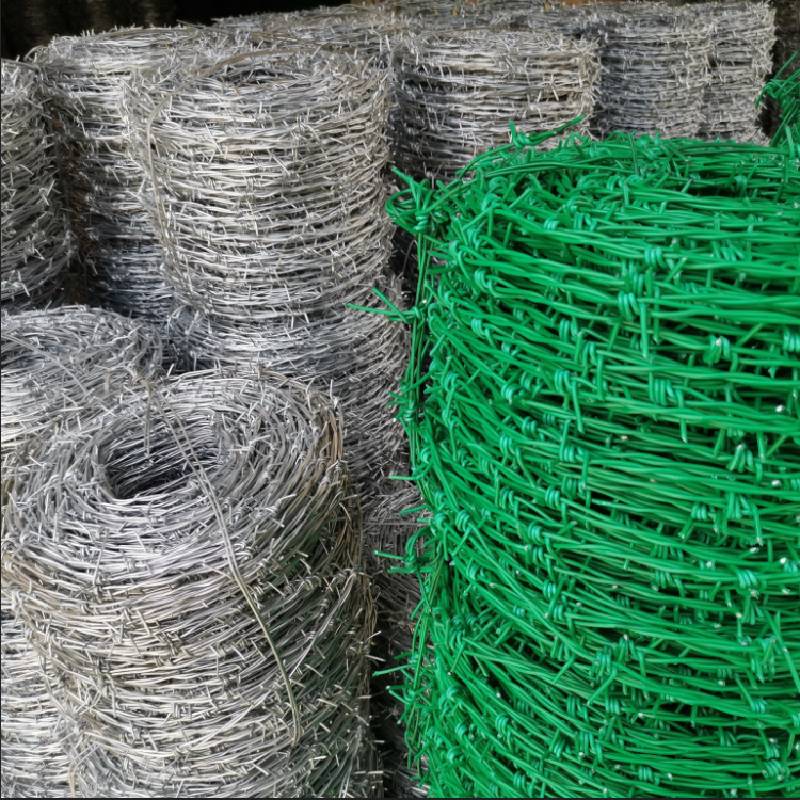type of nails for fence pickets
Types of Nails for Fence Pickets A Comprehensive Guide
Building a fence can be a rewarding DIY project that enhances the beauty and security of your property. One of the most critical aspects of constructing fence pickets is choosing the right type of nails. The type of nails you select can significantly impact the durability and longevity of your fence. In this article, we will explore the various types of nails used for fence pickets, their characteristics, and provide you with useful tips for making the right choice.
1. Common Types of Nails
a. Galvanized Nails Galvanized nails are coated with a layer of zinc, which protects them from rust and corrosion. This makes them an excellent choice for outdoor projects, especially in areas that are exposed to moisture. For fence pickets, galvanized nails are often recommended, as they help ensure the integrity of the fence over time. The zinc coating can last for several years, providing a reliable attachment method without the worry of weakening due to rust.
b. Stainless Steel Nails Stainless steel nails are another outstanding option for fence pickets. While they tend to be more expensive than galvanized nails, their resistance to corrosion is unmatched. Stainless steel won’t rust even in the harshest outdoor conditions, making it ideal for coastal areas where saltwater can cause premature wear on other types of nails. Homeowners looking for a long-term solution may find stainless steel nails to be worth the investment.
c. Coated Decking Screws While technically screws and not nails, coated decking screws are often used to secure fence pickets effectively. They provide superior holding power and are resistant to corrosion due to their special coating. Their sharp threads help penetrate the wood easily, creating a strong bond that can withstand stress from weather changes and shifts in the ground. Homeowners aiming for a sturdy and long-lasting fence may prefer using these types of screws.
2. Nail Sizes and Lengths
The size and length of the nails you choose also play a crucial role in the strength of your fence. Generally, a nail length of 1.5 to 2.5 inches is appropriate for fence pickets. However, selecting the right size also depends on the thickness of the pickets you are using. For standard 1-inch thick pickets, 1.5-inch nails are sufficient. For thicker materials, a length of 2 to 2.5 inches may be necessary to ensure proper anchoring.
type of nails for fence pickets

a. Gauge The gauge of the nail indicates its thickness. A thicker gauge nail (lower number) is typically stronger and provides better holding power. For fence pickets, a gauge of 8 to 10 is generally suitable. However, keep in mind that thicker nails may be more challenging to drive into the wood, especially if it's harder or older lumber.
3. Tips for Choosing Nails for Fence Pickets
- Consider the Environment If you live in an area with high humidity or near the coast, opt for stainless steel or galvanized nails to ensure longevity. - Match the Material Choose nails that are compatible with your picket material. For example, if you're working with pressure-treated wood, ensure that your nails won't react adversely to the chemicals in the wood.
- Opt for Performance Over Cost While it may be tempting to go for the cheaper option, investing in high-quality nails can save you money in the long run by reducing maintenance costs and prolonging the lifespan of your fence.
- Check Local Building Codes Some areas have specific requirements for fencing materials and methods. Ensure that your choice of nails complies with local regulations.
- Use the Right Tools Regardless of the type of nails you choose, using the correct tools for driving the nails is essential to achieving a safe and sturdy structure.
Conclusion
Choosing the right type of nails for your fence pickets is instrumental in ensuring the overall quality and longevity of your fencing project. By considering factors like corrosion resistance, nail size, and the specific conditions of your environment, you can make an informed decision that enhances the durability of your fence. Whether you opt for galvanized nails, stainless steel, or even coated decking screws, the right choice will help secure your investment and keep your property looking great for years to come. Happy fencing!
-
Weather Resistance of Woven Wire and Chicken Wire Fencing MaterialsNewsJun.05,2025
-
Umbrella Nails Innovations in Roofing Fasteners for Wind ResistanceNewsJun.05,2025
-
Modern Barbed Wire Fence Designs for Perimeter ProtectionNewsJun.05,2025
-
How Iron Nail Wire Enhances Nail Strength and Installation EfficiencyNewsJun.05,2025
-
High-Security Razor Fence Solutions for Perimeter ProtectionNewsJun.05,2025
-
Durable Wire Netting Fence Solutions for Animal EnclosuresNewsJun.05,2025




